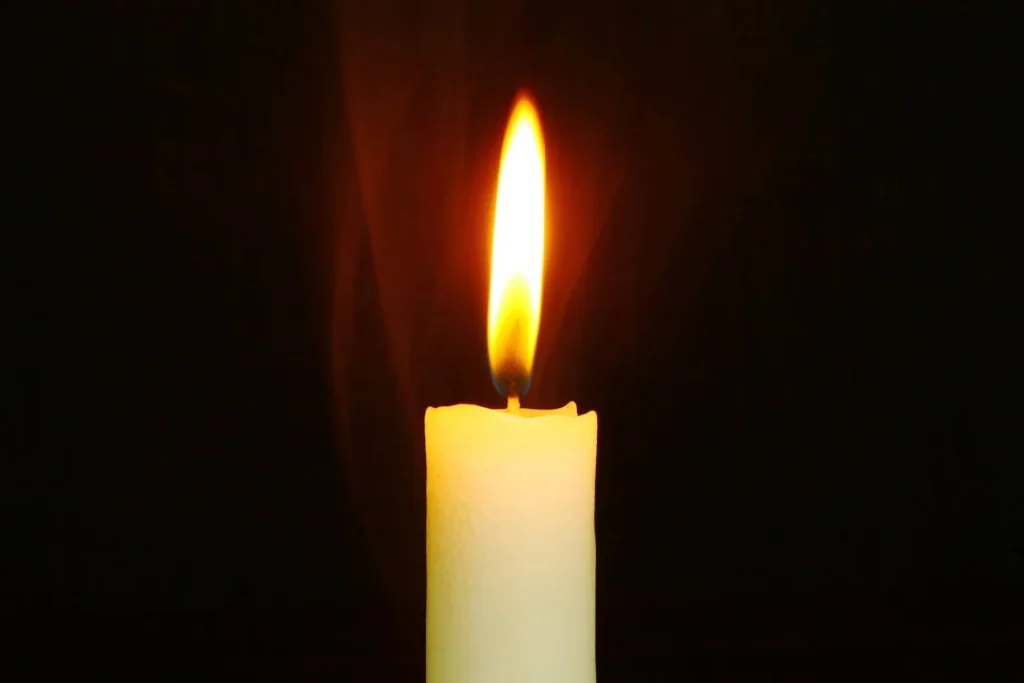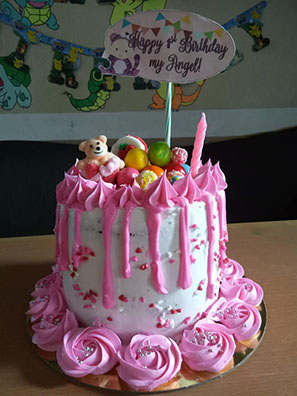
Experiencing a miscarriage can be one of the most heartbreaking events a woman can endure. For many, it signifies not just the loss of a pregnancy but also shattered dreams and hopes for the future. It’s essential to recognize that the emotional impact of miscarriage is profound and complex, affecting both individuals and couples. Understanding this impact and exploring avenues for healing and support can help those affected navigate their grief.
As a mother who has experienced the heartbreak of miscarriage, I understand how isolating and overwhelming this journey can feel. I want to share my experience, not just to highlight the pain but to offer a sense of solidarity and support to anyone who finds themselves in a similar situation.
Understanding the Emotional Impact
When I first learned that I was pregnant with my second baby, it felt like a dream come true. I envisioned the future—a messy house filled with laughter, milestones, toys everywhere and memories. But that dream was abruptly shattered when I faced the heart-wrenching reality of miscarriage. I cried a lot in front of my family, but no one knows how many times I cried and suffered in silence.
The emotional journey after a miscarriage is often tumultuous. Feelings of sadness, anger, guilt, and confusion are common. We ask ourselves questions such as, “What did I do wrong?”, “Why me?” or “Why did this happen to me?”
These feelings can be compounded by societal expectations to “move on” quickly or the misconception that grief is only acceptable if a certain gestational age is reached. Miscarriage can bring up feelings of inadequacy, and that alone can create a heavy burden to carry.
The Stages of Grief
Much like the grieving process after any significant loss, individuals coping with miscarriage often go through various stages of grief. Elisabeth Kübler-Ross’s model describes five stages: denial, anger, bargaining, depression, and acceptance. These stages are not linear; people may move back and forth between them as they navigate their feelings.
- Denial: Initially, one might struggle to accept the reality of the loss. This can manifest as disbelief or numbness.
- Anger: As the reality sets in, feelings of anger may emerge, often directed at oneself, the universe, or even medical professionals.
- Bargaining: Some may find themselves wishing they could change the past or make deals with a higher power to reverse their loss.
- Depression: Deep sadness and withdrawal are common as individuals begin to process their emotions.
- Acceptance: Over time, many may reach a place of acceptance, finding ways to honor their lost pregnancy while looking to the future.
After my miscarriage, I found myself on an emotional rollercoaster, not only from losing my baby but also because I developed endometriosis. The stages of grief often felt like they were overlapping. I experienced denial—thinking maybe the doctors were wrong, that things would magically work out. I even asked every religious person that I know to pray for my baby so she can have her heartbeat back. Anger followed, directed at myself as I constantly looked for reasons to blame myself because I felt responsible for everything that happened. I also hated the universe for allowing this to happen.
Bargaining became a part of my thought process as I wished for just one more chance. Eventually, I found myself in a space of deep sadness. I needed time to heal. It was comforting to realize that I wasn’t alone in feeling this way—many mothers have walked this path before me, and there is a shared understanding in this community of loss.
Seeking Support
During this difficult time, seeking support became essential. I learned that it’s okay to lean on others. I reached out to friends and family, sharing my feelings with those who would listen without judgment. Their willingness to sit with me in my grief was extremely helpful. I’ve also met other moms who have had the same experience.
Even my ob-gyn provided me with coping strategies and a safe space to process my thoughts and feelings without fear of judgment.


One of the most therapeutic steps I took was finding ways to honor my lost pregnancy. I created a simple tradition to honor my baby—a candle I lit on special dates and a birthday cake for her.
It’s important to acknowledge that every individual’s experience is unique. Some may find solace in talking about their loss, while others may prefer silence. This variability can make it challenging for friends and family to know how to offer support.
Here are some other ways to deal with the situation:
- Talk About It
Sharing your feelings can be incredibly cathartic. Whether it’s with a partner, friend, family member, or a therapist, having open conversations about your emotions can help validate your experience. Many people find it helpful to connect with others who have gone through similar losses. - Join Support Groups
Support groups, either in-person or online, offer a safe space to connect with others who understand your pain. Many organizations provide resources and support for those navigating this journey. - Professional Counseling
Speaking with a mental health professional can be beneficial, especially if feelings of grief become overwhelming. Therapists can provide coping strategies and emotional tools to help navigate this challenging period. - Memorialize Your Loss
Creating a memorial for your lost pregnancy can serve as a powerful form of healing. Whether through planting a tree, creating a scrapbook, or lighting a candle, finding a way to honor your baby can bring comfort.
Practice Self-Care
Prioritizing self-care during this time is essential. Allow yourself to grieve, but also engage in activities that promote healing, such as gentle exercise, journaling, or meditative practices. Surround yourself with supportive friends and family who understand your need for both connection and solitude.
Conclusion
The emotional impact of miscarriage is deep and complex, but you are not alone. Sharing my experience has been a part of my healing journey, and I hope it offers you some comfort. Remember that it’s okay to grieve, to seek support, and to take your time. Your feelings are valid, and your story matters. The love you had for your baby is real, and honoring that love can be a vital step toward finding peace and moving forward. In time, healing can begin, and with it, the possibility of hope and new beginnings.

Leave a Reply